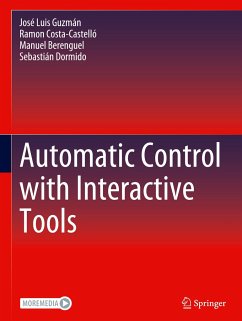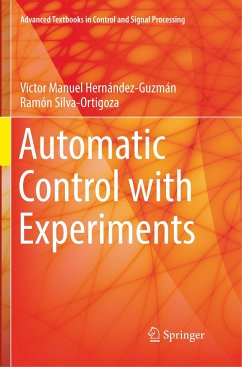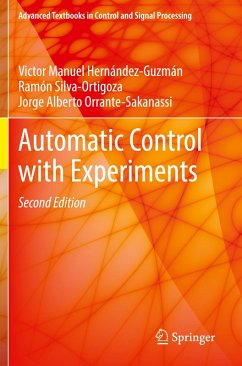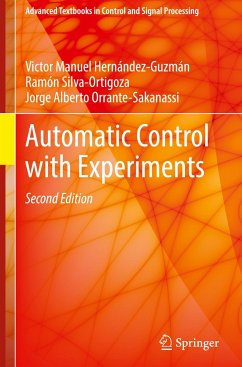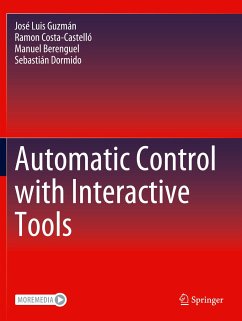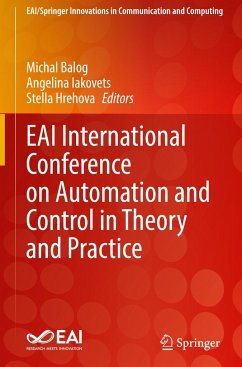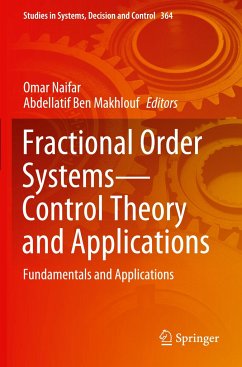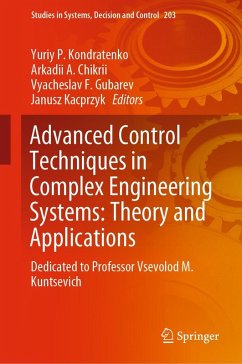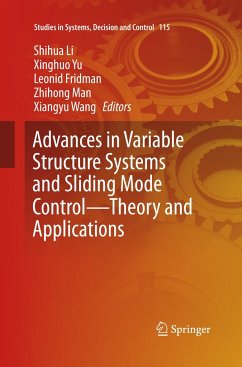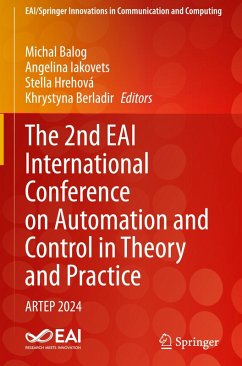
Control Theory for Practical Applications
With MATLAB Demonstration Programs

PAYBACK Punkte
61 °P sammeln!
This book enables readers to acquire a fundamental knowledge of control theory on classical control, modern control, and advanced control, including representative control methods. From the pedagogic perspective, the author intends that this book helps students to develop an ability to flexibly apply control theory to solve practical engineering problems. In this sense, this book is also a professional reference for engineers dedicated to automation and system control.This book attaches importance to clarification of how control theory stems from practical applications and emphasizes the diale...
This book enables readers to acquire a fundamental knowledge of control theory on classical control, modern control, and advanced control, including representative control methods. From the pedagogic perspective, the author intends that this book helps students to develop an ability to flexibly apply control theory to solve practical engineering problems. In this sense, this book is also a professional reference for engineers dedicated to automation and system control.
This book attaches importance to clarification of how control theory stems from practical applications and emphasizes the dialectic relationship between control theory and practical applications, enabling readers not only to "know how" for practice, but also to "know why" in terms of mathematical essence. Besides, this book provides plenty of original simulation code scripts (in MATLAB) that are complete, interesting, easy for practice, and of application values for engineering activities.
This book attaches importance to clarification of how control theory stems from practical applications and emphasizes the dialectic relationship between control theory and practical applications, enabling readers not only to "know how" for practice, but also to "know why" in terms of mathematical essence. Besides, this book provides plenty of original simulation code scripts (in MATLAB) that are complete, interesting, easy for practice, and of application values for engineering activities.



